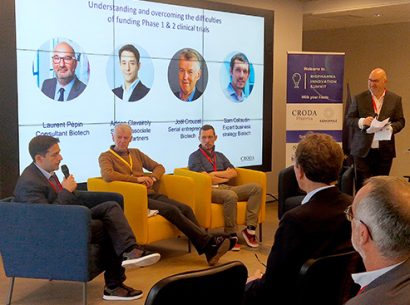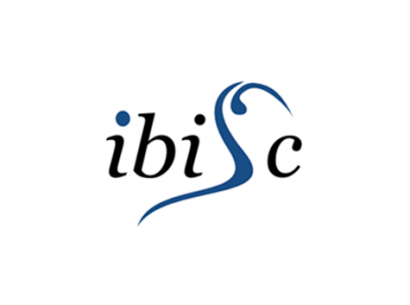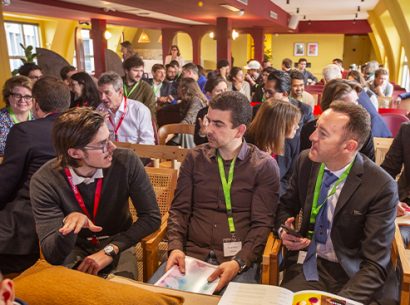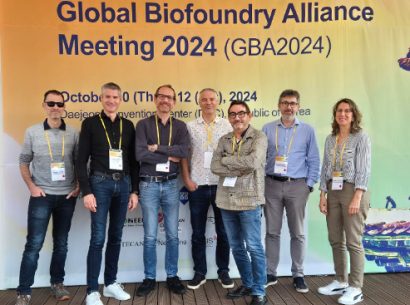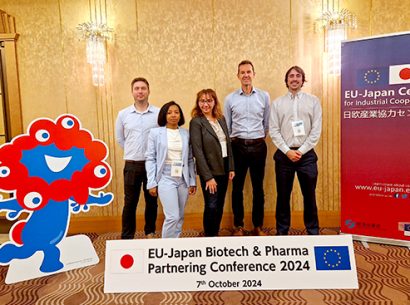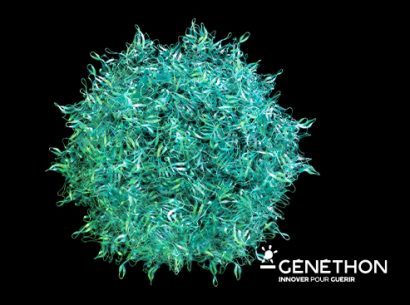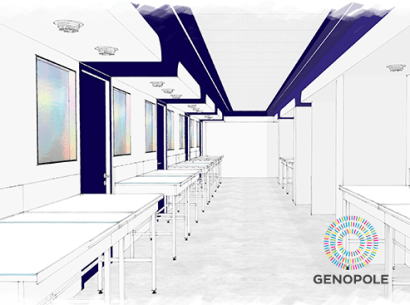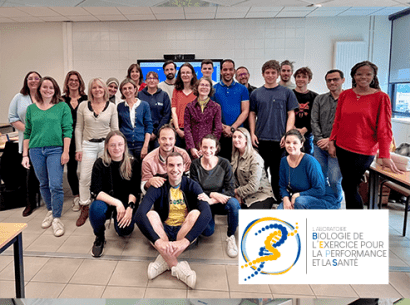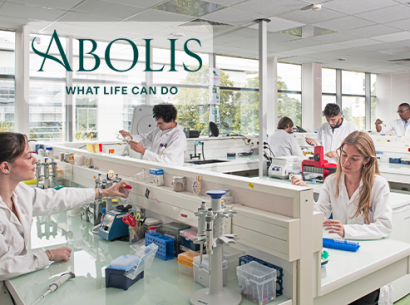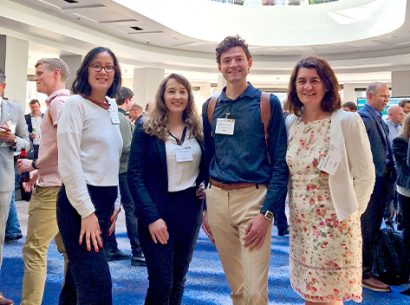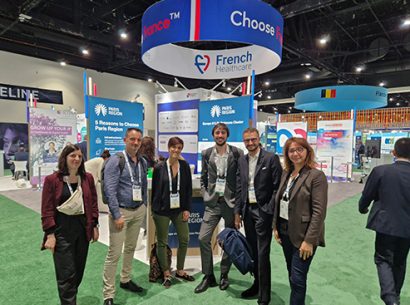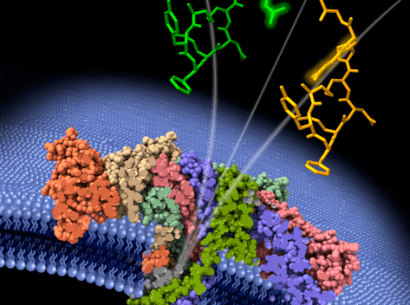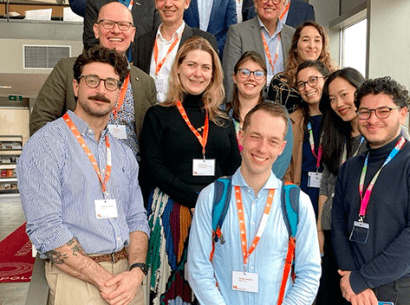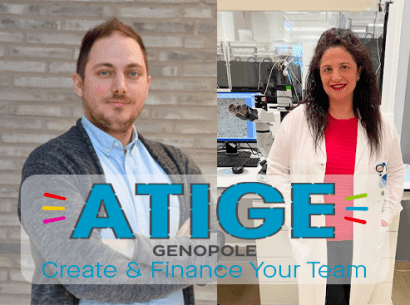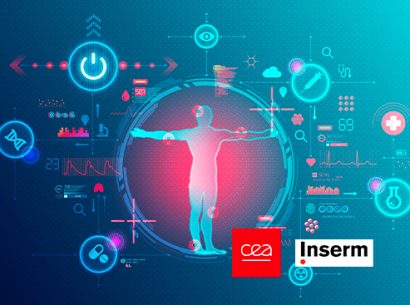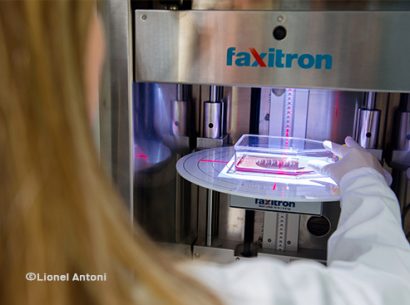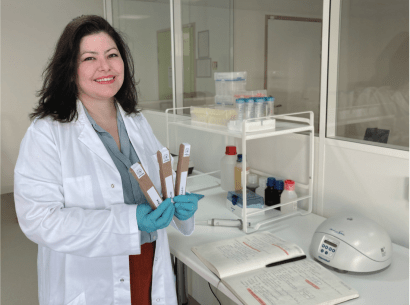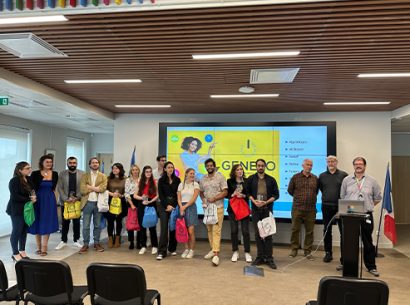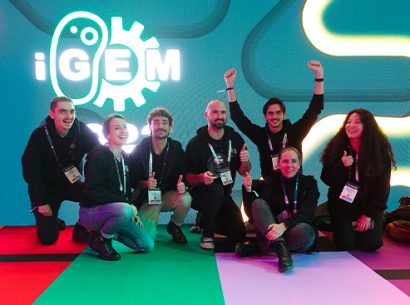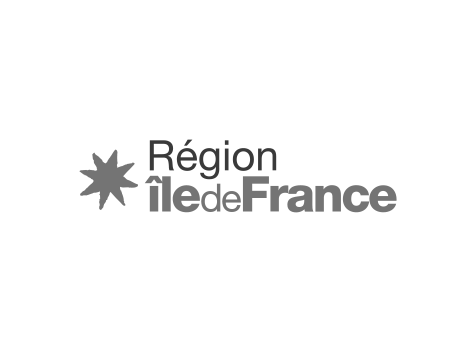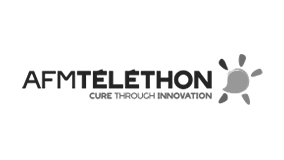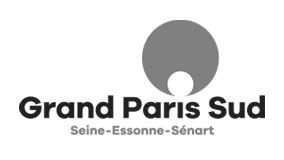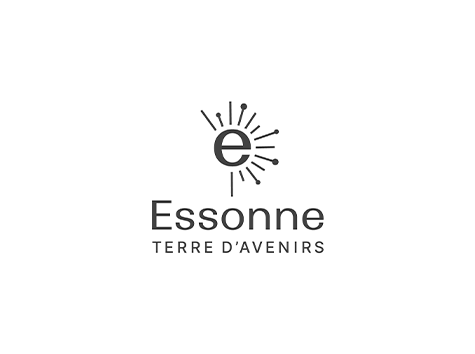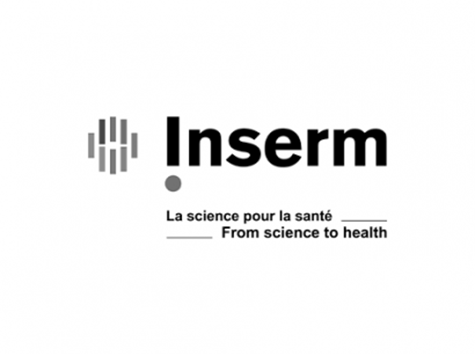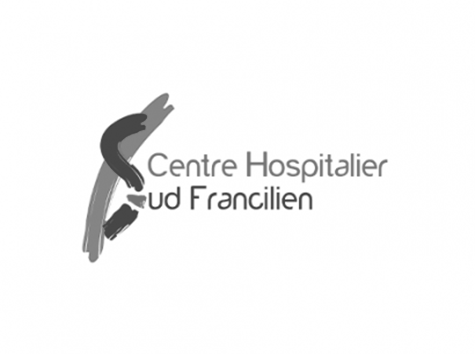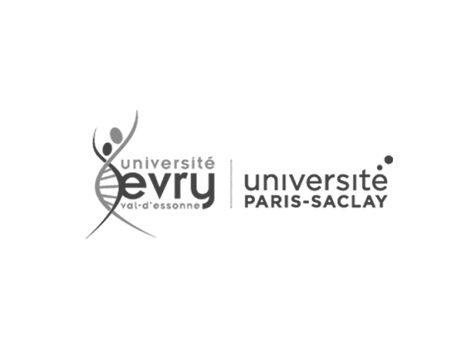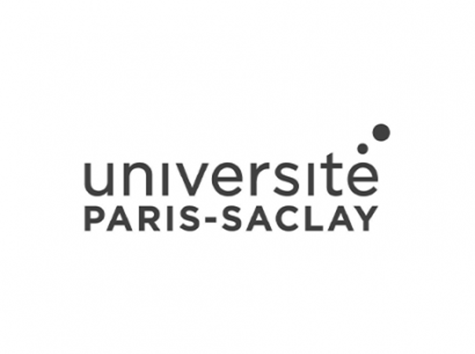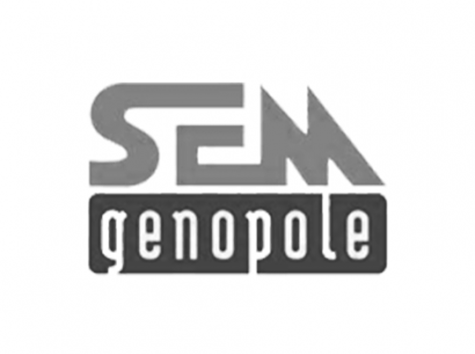Researchers from IBISC (Computer Science, Bio-informatics and Complex Systems, University of Évry-Paris Saclay) have developed GraphGONet, an artificial intelligence algorithm that furnishes a medical diagnosis accompanied by a biological explanation.
GraphGONet is a neural network, also called a deep learning model. Lying within the hidden layers of its virtual neurons is a collection of formalized, hierarchized and interlinked information derived from knowledge on genes and gene function. The architecture conceived by the team makes the model innovatively “self-explaining,” that is, it provides not only a diagnostic prediction but also an explanation of the involved biological concepts, making the tool directly employable by clinicians in the setting of personalized medicine.
While new thresholds are being crossed in the exploration of the human genome, the ever-growing knowledge on genes and their expression is laying paths to a new medicine able to address pathologies in a more exact fashion and establish early diagnoses, notably for cancers, cardiovascular diseases and metabolic disorders, among others. Artificial intelligence (AI) and deep learning methods in particular can contribute greatly to the emergence of this “precision medicine.”
Diagnosis by AI: explanations required!
In practice though, the use of AI in medicine has been limited because most AI algorithms are “black boxes” furnishing no explanations for their output. That aspect is problematic for researchers, clinicians and patients who need to be confident that AI predictions result from reliable medical characteristics and not artifacts.
For their system’s diagnostic predictions, the IBISC informaticians included the entry of data on patient genetic activity (i.e., gene expression and expression level / non-expression). For prediction interpretation, they integrated concepts from the Gene Ontology Bioinformatics Consortium’s knowledgebase into the deeper layers of GraphGONet. The Gene Ontology project standardizes knowledge on genes and their proteins, and links those data to associated functions, cellular components and biological mechanisms. Each aspect (function, mechanism, etc.), called a “GO term,” is coded and described via standardized vocabularies and rules.
GraphGONet: predictions and biological interpretations
Thus, GraphGONet furnishes its users with not only a diagnosis prediction but also a biological interpretation in the form of a collection of the GO terms most highly involved in the prediction and ranked by their contributions. The IBISC team’s work was published in Bioinformatics on 10 March 2022. Bioinformatics
 « We intend to include other ontologies, for example metabolic pathways, to enrich the biological explanations and address several uncertainties, » explains Blaise Hanczar, codirector of AI at the IBISC laboratory.
« We intend to include other ontologies, for example metabolic pathways, to enrich the biological explanations and address several uncertainties, » explains Blaise Hanczar, codirector of AI at the IBISC laboratory.
Beyond its clinical use, GraphGONet can also be employed as a research tool to discover novel biological mechanisms involved in disease.
The work of the IBISC lab contributes to the construction of a computational genomics sector at Genopole.






